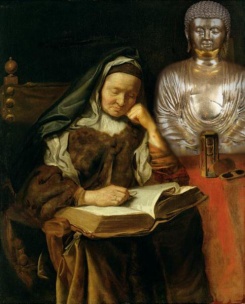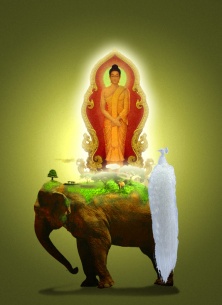Difference between revisions of "Chinese Buddhist Encyclopedia"
Jump to navigation
Jump to search
We would appreciate your feedback on Tibetan Buddhist Encyclopedia.
| (194 intermediate revisions by 4 users not shown) | |||
| Line 1: | Line 1: | ||
| − | + | __NOTOC__ | |
| − | [[File: | + | {{MainPage.css}} |
| − | + | {| style="margin: 1em auto 1em auto; border: 21px solid #838181; background: #595959;padding: 30px;" | |
| − | + | |-style="vertical-align:top;" | |
| − | + | |[[File:BeX -ghje.jpg|250x305px|upright|]] | |
| − | + | |[[File:1qaG.JPG|250x305px|upright|]] | |
| − | + | ||[[File:BfgG.JPG|250x305px|upright|]] | |
| − | + | |[[File:Comh94.jpg|250x305px|upright|]] | |
| − | + | |}<br/> | |
| − | + | {{Main Page/Categorieslist}}<br/> | |
| − | + | <br/> | |
| − | |||
| − | |||
| − | |||
| − | |||
| − | |||
| − | |||
| − | |||
| − | |||
| − | |||
| − | |||
| − | |||
| − | |||
| − | |||
| − | |||
| − | |||
| − | |||
| − | |||
| − | |||
| − | |||
| − | + | {{Articles in CBE}} | |
| − | + | I have been making the Encyclopaedia of [[Tibetan Buddhism]] for 12 years, | |
| − | |||
| − | + | http://www.tibetanbuddhistencyclopedia.com/ | |
| − | |||
| − | |||
| − | |||
| − | + | Encyclopaedia of [[Tibetan Buddhism]]. | |
| − | |||
| + | https://www.paypal.com/pools/c/917hQmBFul | ||
| − | + | Project leader [[Vello Vaartnou]] and support Ivar Narep. [[Tibetan Buddhist Encyclopedia]] started from - 2011 july. | |
| − | |||
| − | + | <metadesc>[[Tibetan Buddhist Encyclopedia]] is an online platform for [[gathering]] preserving, translating, publishing and spreading the message of [[Buddha]].</metadesc>· | |
| − | |||
| − | |||
| − | |||
| − | |||
| − | |||
| − | |||
| − | |||
| − | |||
| − | |||
| − | |||
| − | |||
| − | |||
| − | |||
| − | |||
| − | |||
| − | |||
| − | |||
| − | |||
| − | |||
| − | |||
| − | |||
| − | |||
| − | |||
| − | |||
| − | |||
| − | |||
| − | |||
| − | |||
| − | |||
| − | |||
| − | |||
| − | |||
| − | |||
| − | |||
| − | |||
| − | |||
| − | |||
| − | |||
| − | |||
| − | |||
| − | |||
| − | |||
| − | |||
| − | |||
| − | |||
| − | [[ | ||
Latest revision as of 10:56, 15 June 2024

|

|

|

|
| To display all subcategories click on the "►": | |||||||||
► Buddhas |
|||||||||
► Deities |
|||||||||
► Mahayana |
► Rituals |
► Sangha |
|||||||
► Sutras |
► Zen | ||||||||
|
Start to read here |
Tibetan Buddhist Encyclopedia Illustrations
Some of the Buddhist Illustrations created by Tibetan Buddhist Encyclopedia are free for everyone to use.
We would appreciate your feedback on Tibetan Buddhist Encyclopedia.
Please send us your thoughts and opinions by e-mail
Here you can read media articles about the Tibetan Buddhist Encyclopedia which have been published all over the world
I have been making the Encyclopaedia of Tibetan Buddhism for 12 years,
http://www.tibetanbuddhistencyclopedia.com/
Encyclopaedia of Tibetan Buddhism.
https://www.paypal.com/pools/c/917hQmBFul
Project leader Vello Vaartnou and support Ivar Narep. Tibetan Buddhist Encyclopedia started from - 2011 july.
·